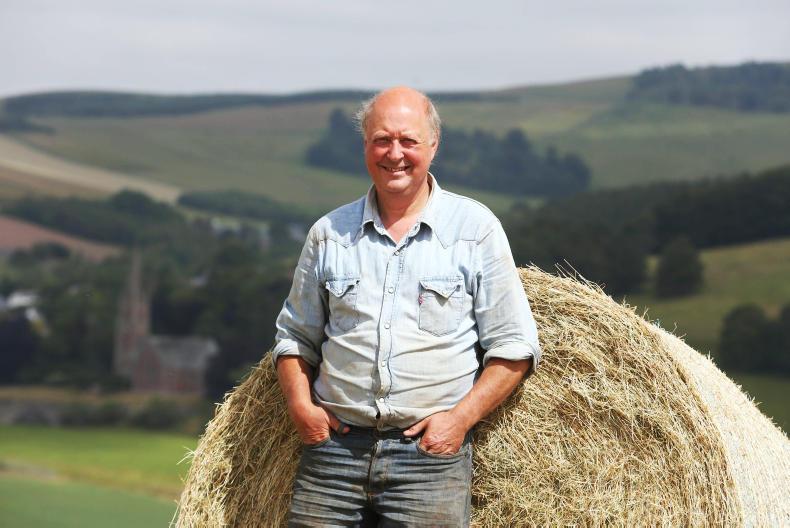Farmers across Scotland are hoping for rain after what was the hottest June on record. However, indications from the Met Office are that the weather will stay dry and very warm with plenty of sunshine. Some showery conditions or a few thundery showers could be possible at times, it said.
Scotland had 71.4mm of rainfall in June (80% of average), with western Scotland just 6% short of the monthly average. Parts of Scotland have recorded temperatures over 30°C, with Aviemore reaching 31°C.
“This year started with a long and expensive winter, caused by a combination of poor weather and a hangover from the previous year’s difficult harvest,” NFU Scotland president Andrew McCornick said, adding that the true effects of this years weather won’t be known until after the harvest. “The recent dry spell has been a welcome relief for many of our members who, after suffering a dreadful 12 months of weather previously, have had an opportunity to cut hay and silage, graze livestock outdoors and generally enjoy the simple pleasures of working outside in good weather.”
As farmers feed out silage and hay to stock now, straw and fodder reserves for next winter are the main concern.
Wildfires have broken out as a result of the dry weather, with some reported in Aberdeenshire, the Highlands and Moray. A 200 metre-wide area of woodland went on fire in West Lothian.
Bruce Farquharson, Chair of the Scottish Wildfire Forum, has urged the public to “follow the Scottish Outdoor Access Code” to avoid further fires.
AHDB is reminding farmers and growers to review their water usage and take steps to build resilience into their long-term supply.
While public water supplies continue to operate normally, the Scottish Environment Protection Agency (SEPA) is providing farm managers with practical advice on using river and ground water sources efficiently.
Tips to reduce pressure on watercourses:
• Ensure irrigation equipment isn’t leaking or broken;
• Spray water on crops and fields at night to reduce evaporation;
• Cooperate with neighbours to avoid drawing water from the same rivers at the same time;
• Only irrigate when absolutely necessary.
See page 5 and 17 to 19






 This is a subscriber-only article
This is a subscriber-only article









SHARING OPTIONS: